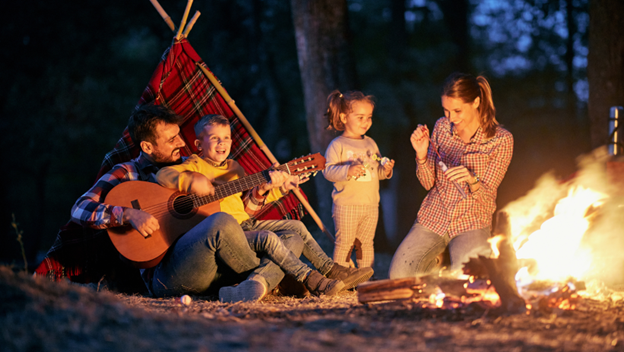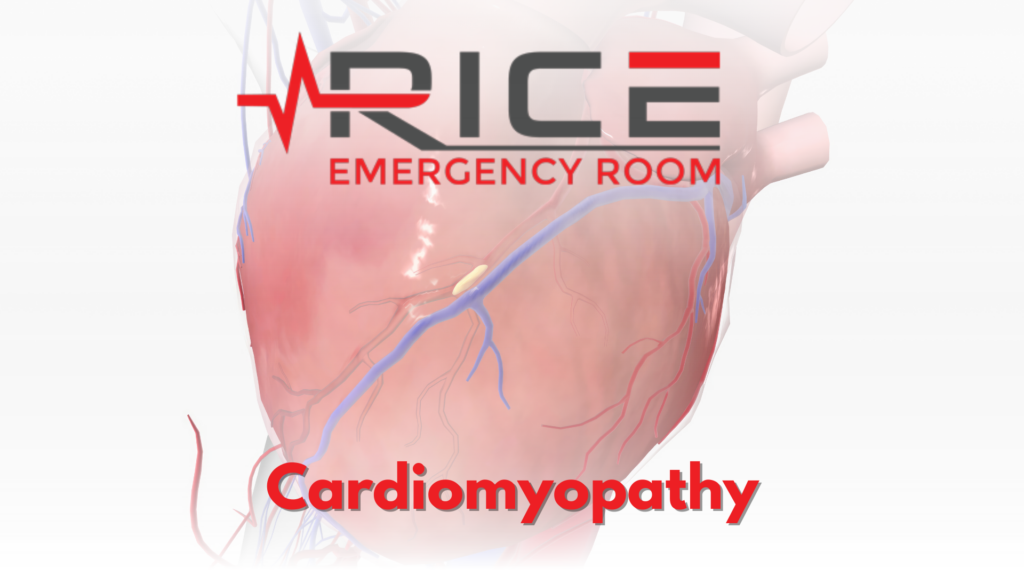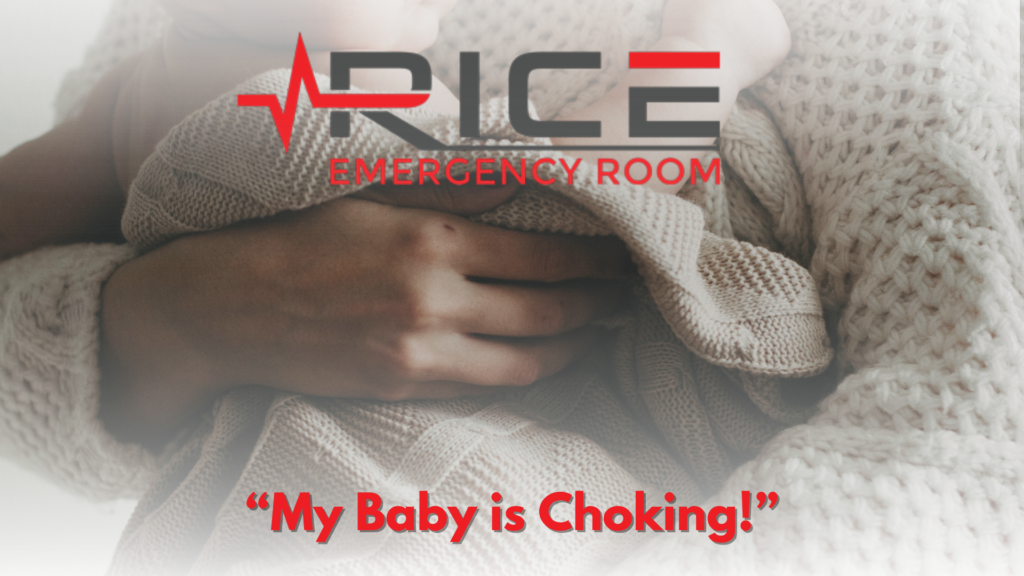
Camping is fun and a great bonding activity where families can enjoy outdoor time. It involves activities like hiking, swimming, and relaxing. However, camping also has its risks, especially regarding health and safety. Campers need to understand these risks and know how to stay safe, especially when children are involved. Camping has its own safety rules that are different from regular activities. Here is some guidance on the importance of camping safety and helpful information on what to expect and how to address safety concerns during your camping trips.
Safety Tips for Children During Camping
Always Stick Together: Children should always stay in pairs outside the campsite, even for small things like going to the toilet. One buddy can get help if something happens.
Know Your Limits: Set clear boundaries for the campsite, so children know where they can and cannot go.
No Water Play Alone: Children shouldn’t play near water without an adult present. Schedule some water playtime to keep them from sneaking off alone.
Stay Away from Harmful Plants: Teach your children what poison ivy, oak, and sumac look like. Avoid these plants and wear protective clothing when in wooded areas. Wash hands often to prevent spreading any harmful plant oils.
Always Wear Shoes: Children should wear shoes inside the campsite to avoid stepping on sharp or harmful things.
Tools Aren’t Toys: Keep children away from dangerous tools like axes and knives. Give them safe tools to keep them busy and ask them to do safe tasks.
Don’t Eat Unknown Foods: Teach your children not to eat anything they find in the woods. It could be poisonous.
Drink Lots of Water: Children should always carry a water bottle and refill it often to avoid dehydration.
Eat Healthy Snacks: Pack high-protein snacks like nuts and jerky to give juniors energy to play.
Keep Campsite Clean: Keeping the campsite clean will help keep animals away. Children can help by picking up wrappers and other litter.
No Food in the Tent: Food attracts animals, so don’t allow food in the tent.
Stay on the Trail: Teach your children to always stay on marked trails to avoid getting lost.
Make Some Noise: Making noise while walking through the woods can scare away wild animals. Tying bells to children’ shoes is a fun way to do this.
(Reserve America)
Safety Checklist for Adults
Packing Essentials: Pack smart when you are getting ready for your camping trip. Remember the basics, like a tent, sleeping bag, and cooking gear. Also, pack a map, compass, flashlight with batteries, waterproof matches, fire starter, and a first aid kit. Pack extra food and water too. Other valuable items include extra clothes, rain gear, insect repellents, a pocket knife, a foldable shovel, nylon rope, a mirror, sunglasses, and an extra pair of shoes.
Handling Bad Weather: Always check the weather forecast before you go camping. If there’s a storm warning, consider rescheduling your trip. If a storm catches you off-guard while camping, stay calm and find a safe place to shelter. Avoid staying in a tent during a thunderstorm. Instead, try to find low ground away from tall trees and bodies of water. If there’s a tornado, find a ravine and lie flat in it, covering your head and neck. If it’s just heavy rain, move your tent to higher ground to avoid flooding and change into dry clothes when possible.
Dealing with Wildlife: Remember, the wildlife you see while camping is just that – wild. Be cautious around animals like bears and poisonous snakes; if you meet a bear, back away slowly. You can carry “Bear Pepper Spray” if it meets EPA guidelines. To avoid snake bites, watch where you put your hands and feet. Check footwear before putting them on in the morning. Learn about the types of snakes in your camping area before going.
Drinking Water and Insects: Just because water looks clean doesn’t mean it is. Water in the wild can contain harmful parasites and bacteria. So, either bring bottled water or boil any water you collect. Insects can be more than annoying; some carry diseases. Check for ticks regularly and use insect repellents. Citronella-based products are the most effective.
Avoiding Poisonous Plants: Learn to identify dangerous plants like poison ivy and sumac to avoid skin rashes. Wear long-sleeved clothing if you can to protect yourself. Camping is fun, but always remember safety comes first!
(AAA State of Play)
Staying safe while camping involves proper planning and preparation. Always carry essential tools like a map and compass, and ensure others know your itinerary. If you find yourself lost, remember to stay calm, stay put, and wait for help. The wilderness can be unpredictable, but with these precautions, you can ensure a safer camping experience.
When to Go to the ER
Know where the closest medical facility and pharmacy is to where you are camping. Make sure children and adults with special needs and medical conditions are prepared with extra prescription medication and other healthcare items they may need. Keep a first aid kit on hand. Get CPR certified. Having a health emergency in a secluded place means taking extra precautions in case emergencies do arise. Have fun, stay safe and enjoy your family camping experience!
Works Cited
AAA State of Play. “Camping Safety Tips for Kids and Parents.” AAA State of Play,
www.aaastateofplay.com/outdoor-fun-for-kids-camping-safety-tips/.
Reserve America. “Camping Safety Rules for Kids.” Camping & Campground Reservations Online,
www.reserveamerica.com/articles/camping/camping-safety-rules-for-kids.



